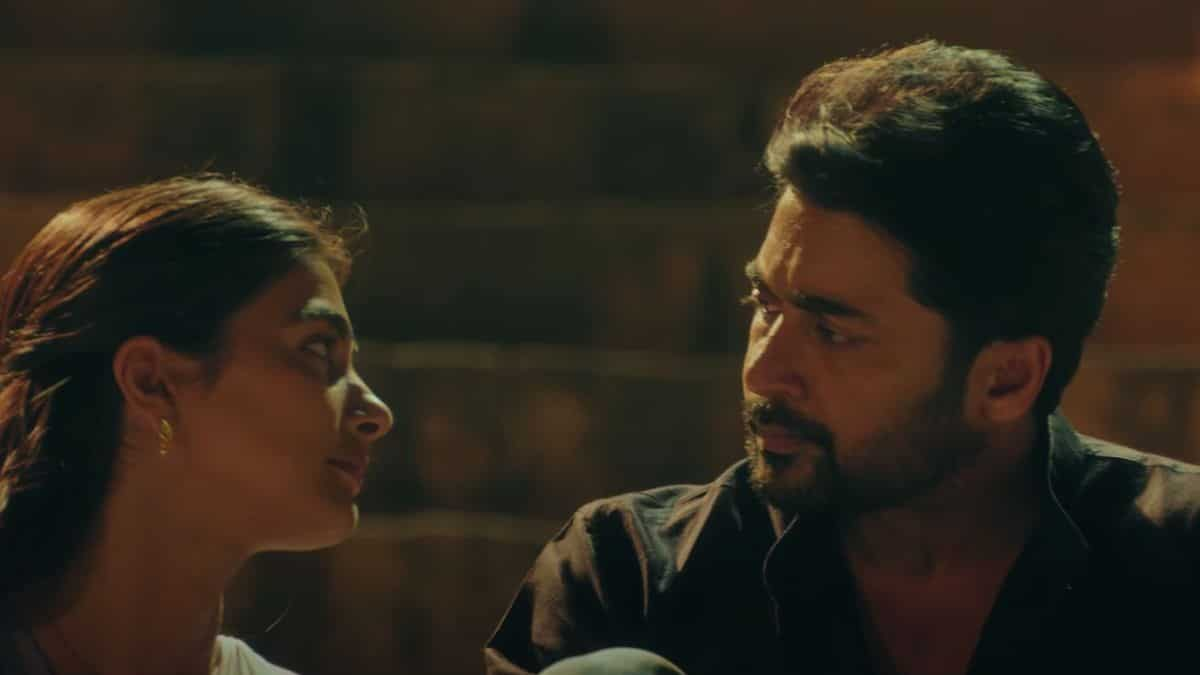
Govatsa Dwadashi 2024: Date, shubh muhurat, significance, rituals and all you need to know
6 months ago | 5 Views
Govatsa Dwadashi is a significant Hindu festival celebrated a day before Dhanteras. Known as Vasu Baras in Maharashtra and Vagh Baras in Gujarat, it is referred to as Sripada Vallabha Aradhana Utsav in Andhra Pradesh. This auspicious day honours cows and their calves, symbolising prosperity and nurturing, highlighting their significance in Hindu culture. From date to history, scroll down to know more about this day.
Govatsa Dwadashi 2024 Date and Time
Govatsa Dwadashi is observed on the 12th day of the waning moon phase (Krishna Paksha) in the Ashwin month. According to Drik Panchang, this year, it falls on Monday, October 28. The auspicious timings for observing the occasion are as follows:
Pradoshkala Govatsa Dwadashi muhurat - 17:39 PM to 20:13 PM
Duration - 02 hours 34 minutes
Dwadashi tithi begins - 07:50 AM on Oct 28, 2024
Dwadashi tithi ends - 10:31 AM on Oct 29, 2024
Govatsa Dwadashi 2024 Significance
Govatsa Dwadashi honours the sacred bond between humans and cows, revered in Hinduism as symbols of fertility, abundance, and nourishment. Inspired by the legend of Samudra Manthan, where the divine cow Kamadhenu emerged, the festival emphasises compassion and harmony with nature. Lord Krishna, often associated with cows, symbolises this deep connection. Through rituals honouring cows and calves, devotees seek prosperity, spiritual growth, and gratitude for nature's gifts, embodying Hinduism's respect for all life.
Govatsa Dwadashi 2024 Rituals
Worship of cows: Hindus honour cows as symbols of nourishment and sustenance, expressing gratitude through rituals and offerings.
Decoration of cows and calves: Cows and their calves are bathed, adorned with vermilion marks on their foreheads, colourful clothes, and flower garlands. If a real cow is unavailable, devotees use clay idols, decorating them with kumkum and turmeric.
Evening aarti: An evening worship ritual (aarti) is performed, honoring the sacredness of cows and their divine significance.
Offerings to cows: Sprouting moong and gram are offered to cows, symbolising nourishment. Cows are regarded as representations of Nandini, the divine cow.
Worship of Lord Krishna: Shri Krishna, an incarnation of Vishnu, is revered for his affection and connection to cows.
Fasting by women: Women observe a day-long fast, eating only once, to pray for their children's health and well-being. The fast includes abstaining from food and liquids, reducing physical activity, and sleeping on the floor.
Night vigil or floor sleeping: The Nandini Vrat observer may either stay awake throughout the night or sleep on the floor if necessary.
Dietary restrictions: Some devotees avoid ghee, curd, and cow's milk as an act of reverence on this day.





















